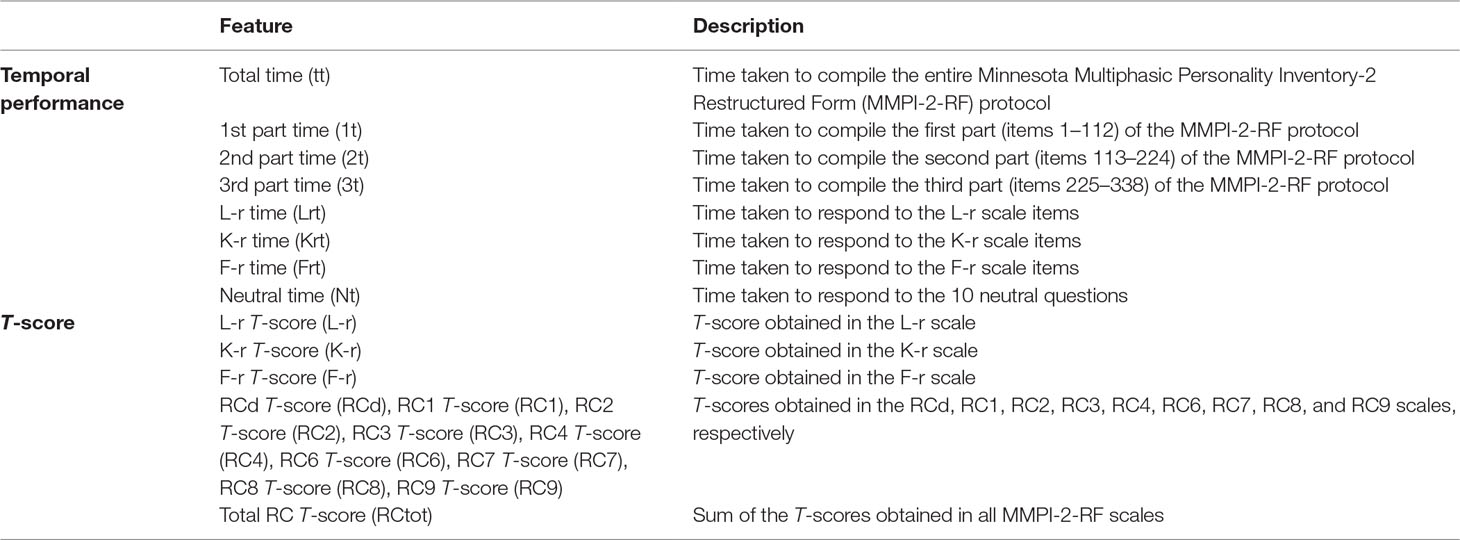

Moreover, machine learning algorithms are integrated into everyday life as internet searches and product recommendations, translation services, speech recognition services, and autonomous vehicles 2. Machine learning (ML) is defined as a computational strategy that automatically determines methods and parameters to arrive at an optimal solution to a problem, rather than preprogramming by humans to present a fixed solution 1. The study confirmed that machine learning using MMPI-2 for a large group provides reliable accuracy in classifying and predicting the subject's suicidal ideation and past suicidal attempts. When the KNN method was applied, the accuracy was 91.6% and 94.7%, respectively, and the AUCs were 0.722 and 0.639, respectively.

On applying the random forest method to suicidal ideation and suicidal attempts, the accuracy was 92.9% and 95%, respectively, and the Area Under the Curves (AUCs) were 0.844 and 0.851, respectively. For statistical analysis, random forest and K-Nearest Neighbors (KNN) techniques were used with suicidal ideation and suicide attempt as dependent variables and 50 MMPI-2 scale scores as predictors.

The MMPI-2-Resturcutred Clinical Scales (MMPI-2-RF) and the response results for each question of the Mini International Neuropsychiatric Interview (MINI) suicidality module were used. A total of 7,824 datasets collected from college students were analyzed. This study aims to evaluate the utility of MMPI-2 in assessing suicidal risk using the results of MMPI-2 and suicidal risk evaluation. Minnesota Multiphasic Personality Inventory-2 (MMPI-2) is a widely used tool for early detection of psychological maladjustment and assessing the level of adaptation for a large group in clinical settings, schools, and corporations.


 0 kommentar(er)
0 kommentar(er)
